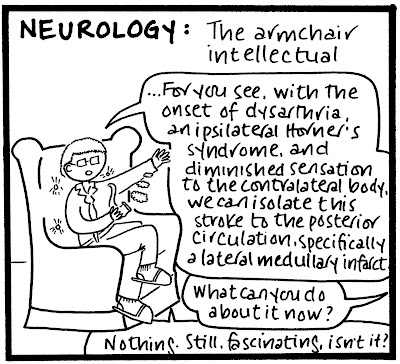Hey guys. I can't decide between Pathology and Radiology. I like both. Here's the way I see it (FYI Step 1 250+, all honors 3rd year, 2.5 years of research w/pubs):
Both are very visual and diagnostic fields with low scut:learning ratio.
Radiology:
Pros- Diagnostic and visual, more procedural, better job market overall, better pay on avg, more clinical, more flexibility
Cons- Has a prelim/intern year, more stress with faster pace, threat of AI, extra year of residency, more competitive
Pathology:
Pros- Intellectually stimulating, low stress with good hours even in residency (for the most part), no prelim or intern year, likely will get into a top 5 program, decent pay
Cons- Poor job market, probability of moving for job is high, threat of AI albeit less so
Thoughts?
Both are very visual and diagnostic fields with low scut:learning ratio.
Radiology:
Pros- Diagnostic and visual, more procedural, better job market overall, better pay on avg, more clinical, more flexibility
Cons- Has a prelim/intern year, more stress with faster pace, threat of AI, extra year of residency, more competitive
Pathology:
Pros- Intellectually stimulating, low stress with good hours even in residency (for the most part), no prelim or intern year, likely will get into a top 5 program, decent pay
Cons- Poor job market, probability of moving for job is high, threat of AI albeit less so
Thoughts?

